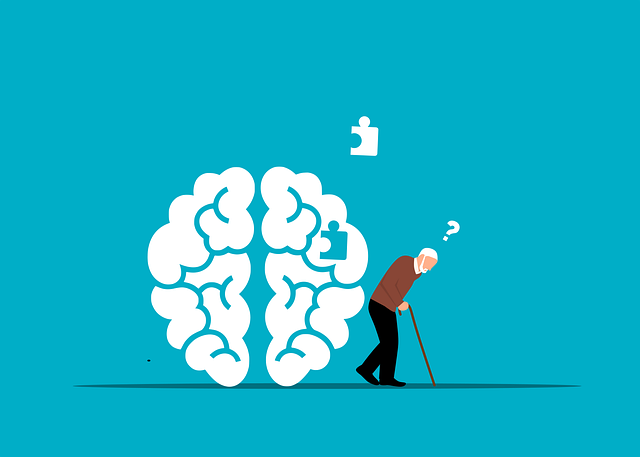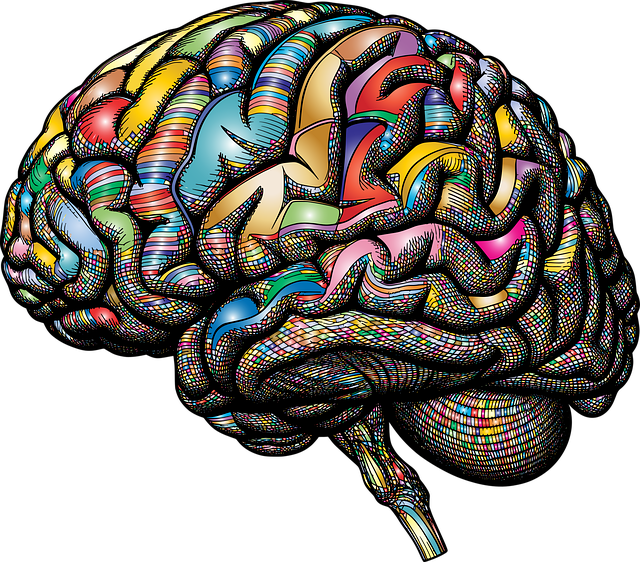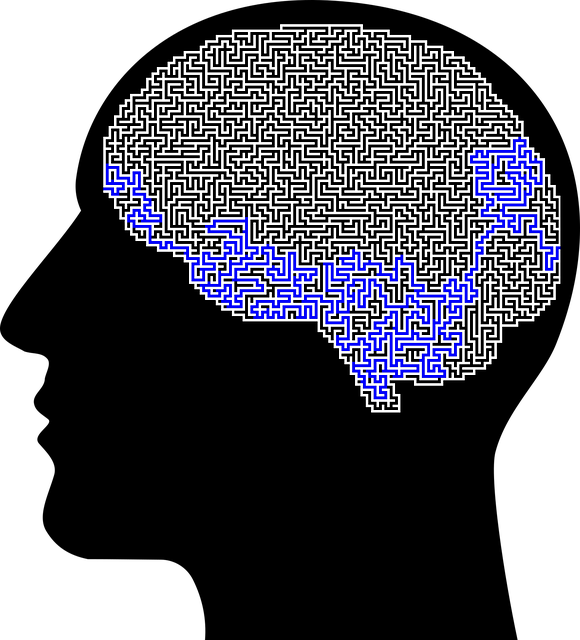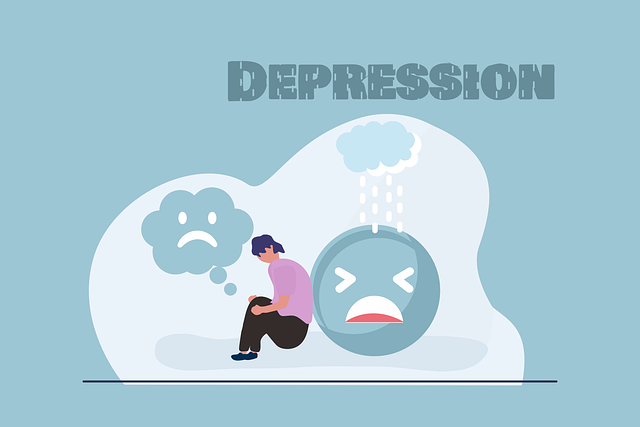Emotional Intelligence (EQ), driven by self-awareness and managed via Castle Rock Cognitive Behavioral Therapy (CRCBT), is a powerful tool for personal and professional success. CRCBT empowers individuals to understand their emotional responses, improve mental health awareness, and cultivate tailored support. By enhancing self-awareness and teaching emotion recognition, it promotes effective communication, empathy, and enhanced relationships. This approach extends beyond symptom management, fostering societal well-being through empowered mental health strategies and inclusive environments.
Emotional intelligence (EI) is a powerful tool that can transform personal and professional lives. Understanding EI begins with self-awareness—recognizing and accepting your emotions, as well as their impact on others. Castle Rock Cognitive Behavioral Therapy (CBT) offers a proven path to unlocking this potential by fostering accurate emotional perception, enhancing communication, and building empathy, ultimately leading to stronger relationships. This comprehensive guide explores these aspects through CBT techniques.
- Understanding Emotional Intelligence: The Foundation of Self-Awareness
- Unlocking Potential: How Castle Rock Cognitive Behavioral Therapy Can Transform Lives
- Recognizing Emotions: Tools for Accurate Perception
- Effective Communication: Bridging the Gap Between Feelings and Actions
- Empathy and Social Skills: Building Strong Relationships
Understanding Emotional Intelligence: The Foundation of Self-Awareness

Emotional intelligence (EQ) is a cornerstone of personal and professional success, enabling individuals to understand, manage, and utilize their emotions effectively. At its core, EQ hinges on self-awareness—the ability to recognize and appreciate one’s own feelings and emotional triggers. This foundational aspect is akin to exploring the grand castle keep of your mind, where every tower represents a different emotion, each with its unique history and influence. Castle Rock Cognitive Behavioral Therapy (CBT) offers a robust framework for navigating this internal landscape.
Through CBT techniques, individuals learn to identify their emotional responses, much like a cartographer maps uncharted territories. This process fosters a deeper understanding of personal limitations and strengths, allowing for proactive mental health management. In the broader context of public awareness campaigns and cultural sensitivity in mental healthcare practice, enhancing self-awareness can revolutionize how we approach mental health issues, ensuring that everyone receives tailored support. Mental health awareness, thus empowered, becomes a powerful tool for personal growth and societal well-being.
Unlocking Potential: How Castle Rock Cognitive Behavioral Therapy Can Transform Lives

In a world where emotions play a pivotal role in our daily lives and overall well-being, Castle Rock Cognitive Behavioral Therapy (CRCBT) emerges as a powerful tool for unlocking one’s true potential. This innovative therapy approach goes beyond traditional methods by focusing on the connection between thoughts, feelings, and behaviors, offering individuals a path to personal growth and transformative emotional healing processes.
CRCBT is not just about managing symptoms; it empowers people to understand and navigate their emotions effectively. By addressing underlying thought patterns and beliefs, this therapy facilitates positive thinking and helps individuals develop resilience against mental health challenges like depression prevention. Through structured sessions, clients learn valuable coping strategies, gain insights into their emotional responses, and cultivate a deeper sense of self-awareness, all of which contribute to enhanced emotional intelligence.
Recognizing Emotions: Tools for Accurate Perception

Recognizing emotions is a cornerstone of emotional intelligence building, and Castle Rock Cognitive Behavioral Therapy (CBT) offers powerful tools to enhance this ability. CBT encourages individuals to become aware of their feelings by labeling them accurately. This process involves identifying emotional cues in both oneself and others, which fosters deeper understanding and connection. By learning to recognize subtle shifts in mood, physical sensations, and behaviors, individuals can gain a more precise perception of their own emotions and those around them.
Through trauma support services, CBT helps clients challenge and reframe negative thought patterns associated with past experiences. This, coupled with self-esteem improvement techniques, enables better emotional regulation. Additionally, the therapy’s focus on community outreach program implementation encourages individuals to apply these skills in diverse social settings, fostering more meaningful interactions and enhancing overall emotional intelligence.
Effective Communication: Bridging the Gap Between Feelings and Actions

Effective communication is a cornerstone of emotional intelligence, enabling individuals to express their feelings and intentions clearly while understanding others’ perspectives. It’s about bridging the gap between emotions and actions, ensuring that our words align with our true feelings and desires. In Castle Rock Cognitive Behavioral Therapy (CBT), this process involves identifying and challenging negative thought patterns that might distort our perceptions, leading to better self-expression and understanding.
For mental health professionals, effective communication is not just a skill but a crucial tool for risk assessment and stress management. It aids in building strong therapeutic alliances, fostering open dialogue, and enhancing mood management during sessions. By mastering this art, professionals can create a safe space where clients feel heard, understood, and empowered to navigate their emotional landscapes more effectively.
Empathy and Social Skills: Building Strong Relationships

Empathy forms the cornerstone of emotional intelligence, enabling individuals to understand and share the feelings of others. This skill is pivotal in building strong relationships, as it fosters a sense of connection and mutual respect. Through Castle Rock Cognitive Behavioral Therapy, one can learn to cultivate empathy, enhancing their ability to perceive and interpret emotions accurately. By practicing active listening and observing non-verbal cues, individuals can better navigate social interactions and build deeper connections.
Strong relationships are not just about empathy; they also rely on robust social skills. Effective communication, conflict resolution, and collaboration are essential components. Integrating self-care practices into daily routines boosts confidence, making it easier to engage in these interactions without compromising one’s well-being. As mental illness stigma reduction efforts continue to gain momentum, promoting emotional intelligence becomes even more critical in creating inclusive and supportive environments, both personally and professionally.
Emotional intelligence is a powerful tool for personal growth, and with methods like Castle Rock Cognitive Behavioral Therapy, individuals can unlock their full potential. By understanding emotions, recognizing them accurately, and effectively communicating them, people can build strong relationships and foster a healthier, more fulfilling life. Castle Rock Cognitive Behavioral Therapy provides practical tools to navigate the intricate landscape of emotions, allowing for personal transformation and enhanced social interactions.












